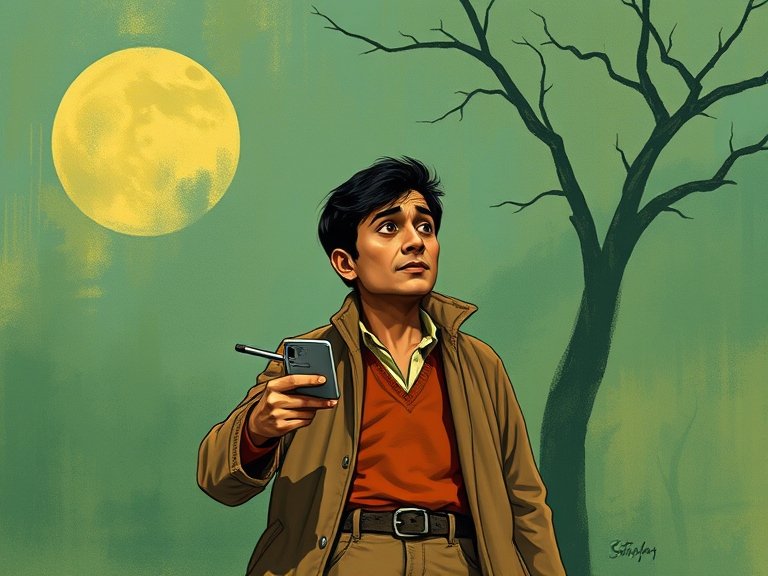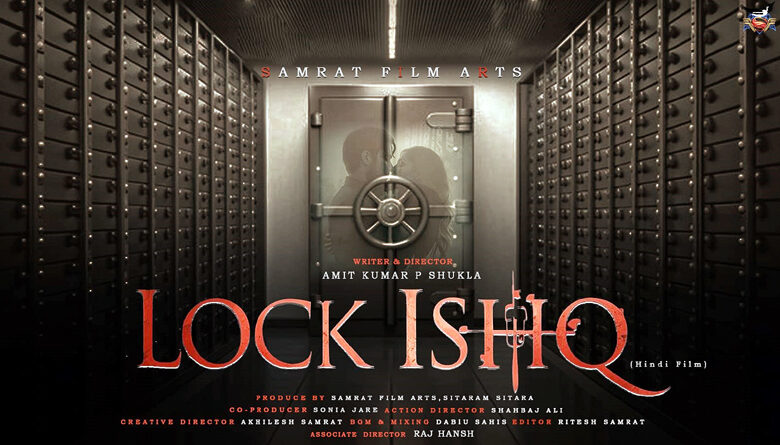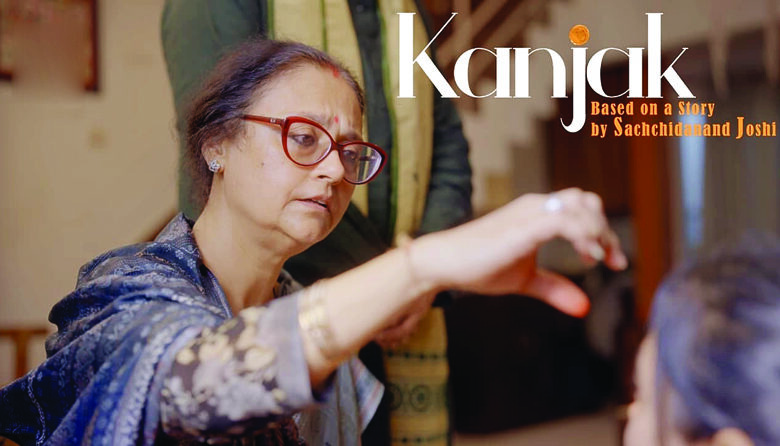Mumbai: Satyajit Ray’s Feluda, the charismatic sleuth, holds an iconic place in Bengali film and literary folklore. First introduced in the mid-1960s through Ray’s short stories, Feluda—officially Pradosh Chandra Mitter—quickly became a beloved figure for his sharp intellect, unyielding moral compass, and understated charm. Modeled as a Bengali counterpart to Sherlock Holmes, Feluda captivated readers and audiences with his razor-sharp deductive reasoning and knack for unearthing mysteries in everyday settings.
What set Feluda apart was his relatability. He wasn’t a caped crusader or a gun-toting action hero but a man of extraordinary intellect, keen observation, and a curious mind. Accompanied by his loyal cousin, Topshe, and the eccentric writer Lalmohan Ganguly (Jatayu), Feluda’s adventures combined thrilling detective work with humor, camaraderie, and rich cultural context.
The leap from page to screen cemented Feluda’s cult status. Soumitra Chatterjee’s portrayal of the detective in Ray’s masterpieces, Sonar Kella (1974) and Joi Baba Felunath (1979), brought the character to life with an enduring allure. These films, with their intricate plots, atmospheric settings, and Ray’s cinematic genius, have made Feluda a timeless figure who continues to inspire fascination across generations, embodying the quintessential Bengali hero.
Satyajit Ray’s Feluda became a cult figure in Bengali film folklore due to a combination of Ray’s masterful storytelling, the timeless appeal of the detective genre, and the layered portrayal of Feluda as a character. Here’s a deeper look at why Feluda holds such a special place in Bengali culture:
1. A Quintessential Bengali Hero
Feluda, or Pradosh Chandra Mitter, embodies qualities that resonate with the Bengali ethos: intellectual sharpness, wit, and a cosmopolitan outlook. He is not a larger-than-life superhero but a relatable sleuth who uses his intelligence, observation, and reasoning to solve mysteries.
2. Rich Literary Origins
Satyajit Ray first introduced Feluda in his story “Feludar Goendagiri” in 1965. The stories, serialized in children’s magazine Sandesh, became immensely popular, blending thrilling mysteries with subtle humor and cultural insights. Ray’s lucid, engaging writing style made Feluda’s adventures accessible to all age groups.
3. Cinematic Brilliance
Ray adapted Feluda for the silver screen with Sonar Kella (1974) and Joi Baba Felunath (1979). These films showcased his genius as a filmmaker.
- Sonar Kella explored themes of reincarnation and greed, taking the audience on a journey through the vibrant landscapes of Rajasthan.
- Joi Baba Felunath was a gripping tale set in Varanasi, steeped in cultural depth and thrilling confrontations.
Both films combined Ray’s tight storytelling with unforgettable performances, especially by Soumitra Chatterjee as Feluda, who brought a quiet charisma and intensity to the role.
4. The Trio Dynamic
The chemistry between Feluda, his cousin Topshe, and the affable writer-turned-comic relief Lalmohan Ganguly (Jatayu) added a unique charm. The trio balanced the serious and cerebral aspects of detective work with humor and camaraderie, creating a template cherished by audiences.
5. Timeless Themes
The mysteries Feluda tackled were not just about solving crimes but delved into human nature, greed, ambition, and societal quirks. Ray’s nuanced scripts ensured the stories were as much about people as they were about puzzles.

6. Visual Storytelling
Ray’s attention to detail and atmospheric storytelling enriched Feluda’s world. From the bustling ghats of Varanasi to the majestic forts of Rajasthan, the settings became integral characters in the narrative.
7. Soumitra Chatterjee’s Portrayal
Soumitra’s nuanced acting elevated Feluda into a cultural icon. His ability to portray the detective’s intellect, charm, and occasional vulnerability made the character unforgettable.
8. Generational Appeal
Feluda’s stories transcend age groups. While children enjoyed the adventure, adults appreciated the layered narratives and philosophical undertones. This universal appeal has kept the character alive for generations.
9. The Ray Legacy
Satyajit Ray’s stature as a filmmaker and writer ensured Feluda’s place in the Bengali psyche. Ray’s son, Sandip Ray, continued the franchise, introducing Feluda to newer audiences through films and TV adaptations.
10. Cultural Pride
For Bengalis, Feluda represents an intellectual and cultural pride. His stories celebrate the richness of Indian locales, history, and traditions, creating a sense of identity and nostalgia.
Feluda is more than a detective; he is a cultural symbol of wit, intellect, and adventure. His legacy continues to inspire new adaptations and remains an inseparable part of Bengali folklore.









